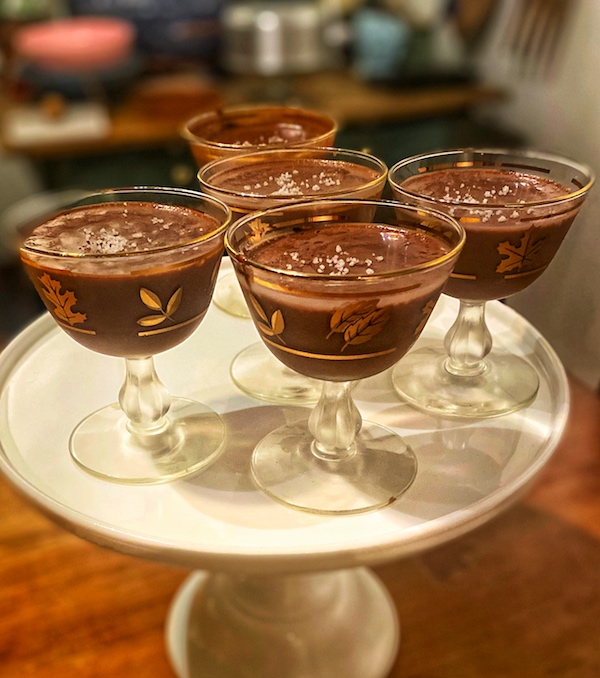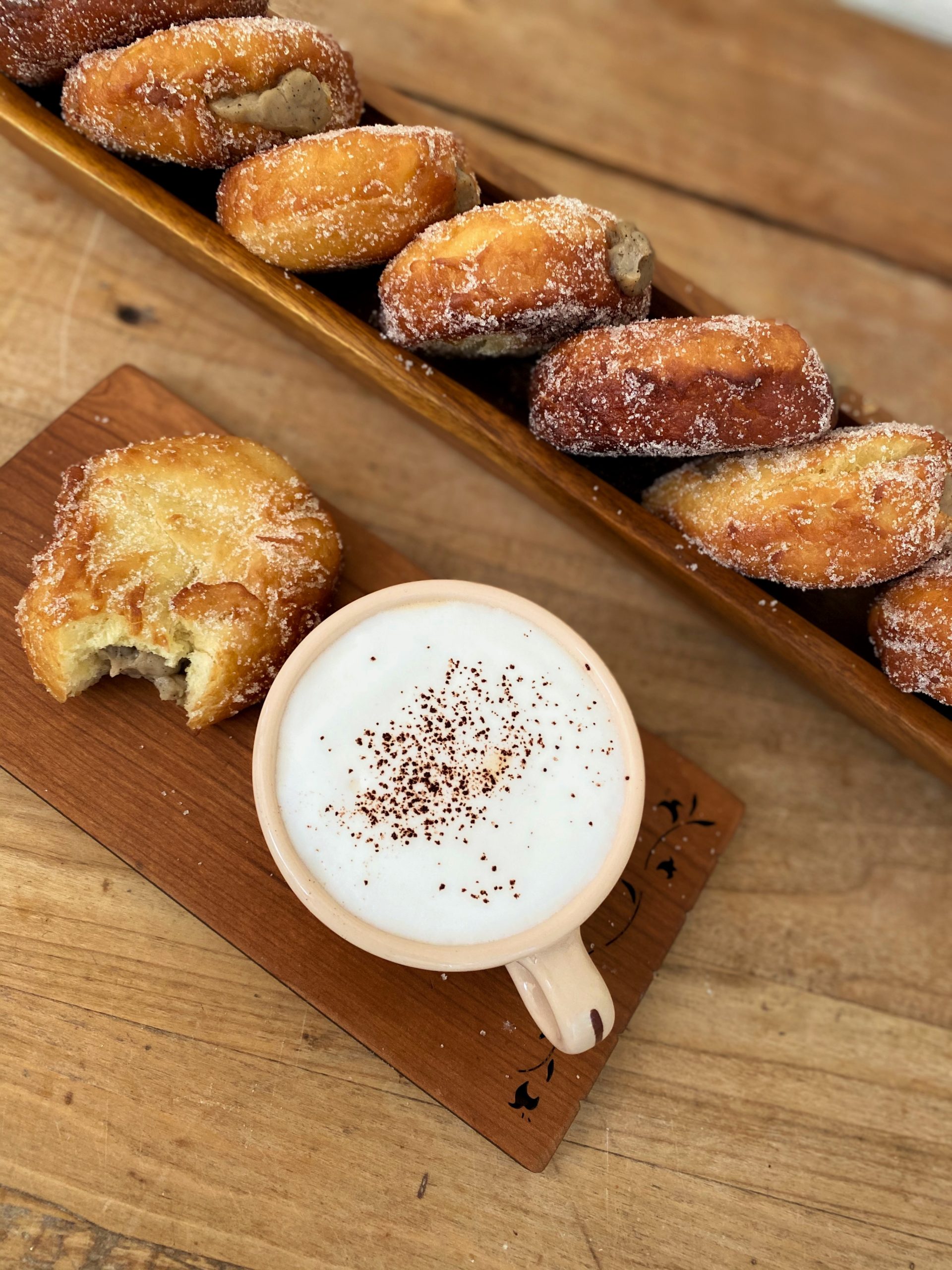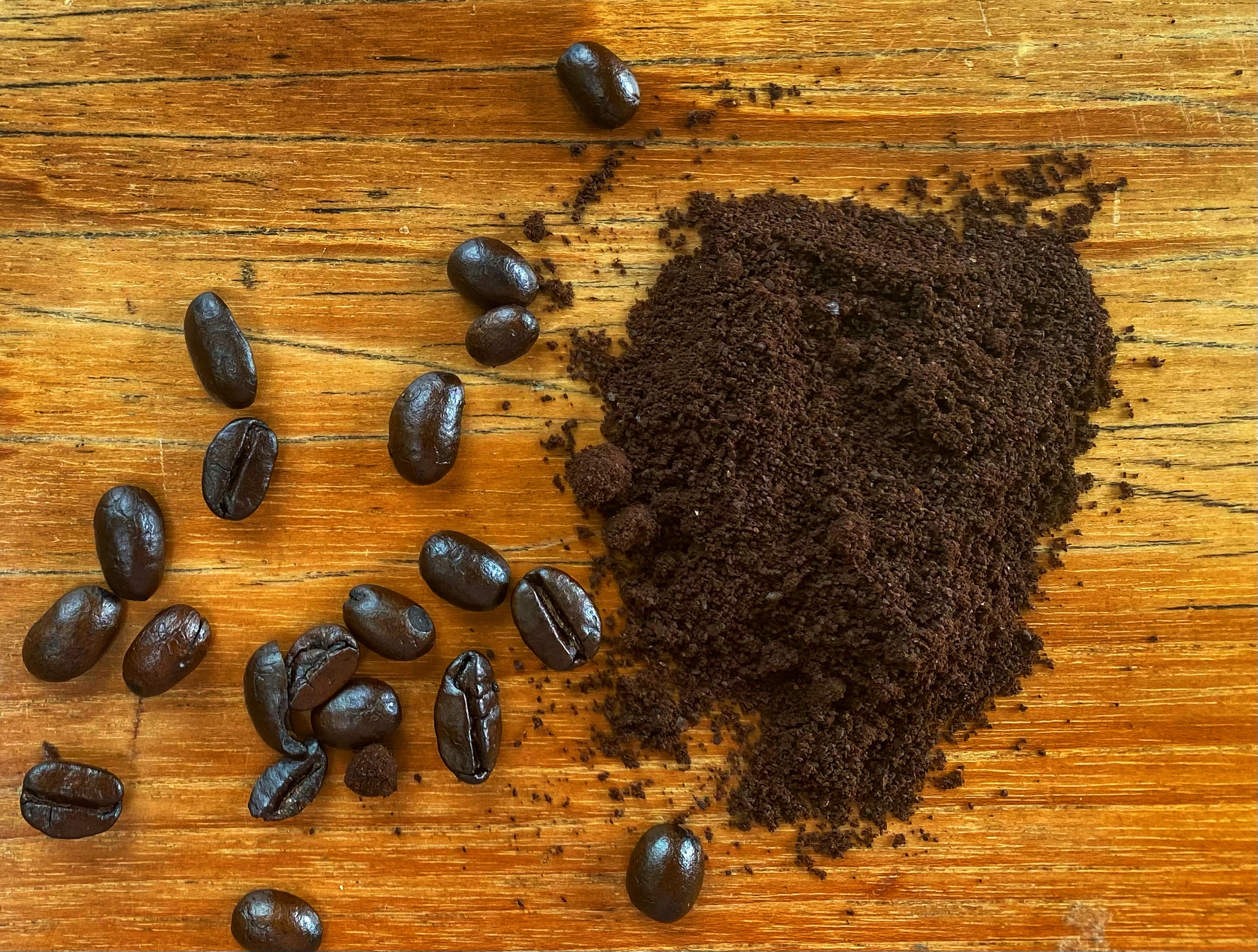This month, Family Eats talks to Shannon Beitchman, co-founder of Northern California-based Operation C.H.E.F. (Cooking for Health, Energy, and Fun!) She imparts her wisdom on how to make youth and teens more familiar with healthful foods.
Family Eats: Tell us briefly about Operation C.H.E.F, and how what you are doing is helping make a change.
Shannon Beitchman: My husband and I started Operation C.H.E.F., a nutrition-based summer camp, in 2008 to help get Bay Area youth and teens more familiar with healthful food and better able to cook delicious meals for themselves. We do this by providing hands-on cooking instruction from professional chefs and playing fun games that help to develop nutritional awareness. By the end of each week, many of our campers return home to make delicious meals for their family and friends, and are able to provide their parents with useful tips on cooking, shopping, and even clean-up!
FE: How can families engage children in learning about nutrition in a fun way.
SB: Nutrition can be one of the dullest subjects a child has to endure. Again, instead of telling your child to eat good food, have them cook good food with you. While you are cooking, casually tell them about the foods they are preparing. The smell, look, feel and taste of the foods they are preparing will make them naturally curious. I would stay away from lectures about bad food and focus instead on defining healthy foods. It’s good to define healthy foods as “whole” foods, which naturally leads into the idea that highly processed foods are not as good for you.
Watch your relationship with this topic carefully, however, because too much preaching and too many strict rules can wind up encouraging a child to rebel or crave the very foods you are trying to have them avoid.
FE: And, what are your thoughts on how to engage adults in learning about nutrition in a way that isn’t focused only on the concept of ‘you have to change your ways otherwise your health will suffer’?
SB: My husband had to change his eating habits 8 years ago when, at the age of 25, he was diagnosed with type-1 diabetes. He changed his eating habits because of health concerns, but he’d be the first to tell you that eating healthy food does something more important than improve your life expectancy. It improves your life. Eating well on a consistent basis makes you happier and improves your physical and intellectual performance. Highly processed foods laden with excess sugars and damaged fats are linked to depression, fatigue, irritability and host of other conditions that I’m pretty sure nobody wants to have! Nutrition information doesn’t have to be doled out in a heavy-handed fashion… eating nutritious food makes exciting changes and improvements in our minds and bodies.
FE: How do you bridge the gap between the concept that healthy and delicious is easy to make. (Too many people think that eating healthy is hard to do)
SB: Operation C.H.E.F. was built with the understanding that healthy is delicious. Chez Panisse is a perfect example—the beauty of its food is built on the simplicity and exceptional quality of the ingredients they use.
If you have a high-quality olive oil and fresh garlic sourced from healthy soil, you have the start of a mouth-watering Italian meal. The meal doesn’t have to be complicated and doesn’t have to take long to prepare. The best way to ensure high-quality ingredients is to shop at Farmer’s Market’s and buy locally and seasonally when you are at supermarkets.
FE: How do you suggest families break the fast- and processed-food cycle?
SB: Telling a child to eat healthy foods has never seemed to work in our experience. They will, however, be much more open to eat what they cook themselves. Knowing this, it’s great to give them more responsibility in the kitchen and make sure you’re having them use healthy ingredients and nutritious recipes. Cooking is also a great way to spend time with your kids and to keep them engaged through all of their senses!
FE: When talking about teaching culinary techniques, can you give a few age-specific examples?
SB: There are tons of cooking techniques that help make cooking more efficient and that can turn a decent dish into something truly restaurant-quality. An 8 year-old chef might be shown how to peel ginger with a spoon (try it—it’s easier!). A 12 year-old might learn how to chop an onion in a way that produces a consistent dice and minimizes the gases from getting in his eyes. A 16 year-old might learn how tochiffonade herbs which minimizes bruising and makes the herbs look fresh and fancy in different dishes.
Even though we are sensitive to developmental differences in the various ages of our campers, we really do succeed in teaching advanced skills to all of our campers.
FE: What are some tools/ways to get children to eat a broader variety of foods – to taste new foods, and experience new flavors?
SB: I know I may sound like a broken record, but the best way to get children to eat a broader variety of foods is to get them cooking with new foods themselves. There is simply no better way to get young people to expand their pallets. Cooking is inherently creative, and chefs must be curious and adventurous in order to produce brilliant food. Kids and teens like that challenge and, for the sake of culinary success, are willing to be more “adult-like” in their attitudes towards food. It really is a magical thing to see, and it is why I love my job so much!





